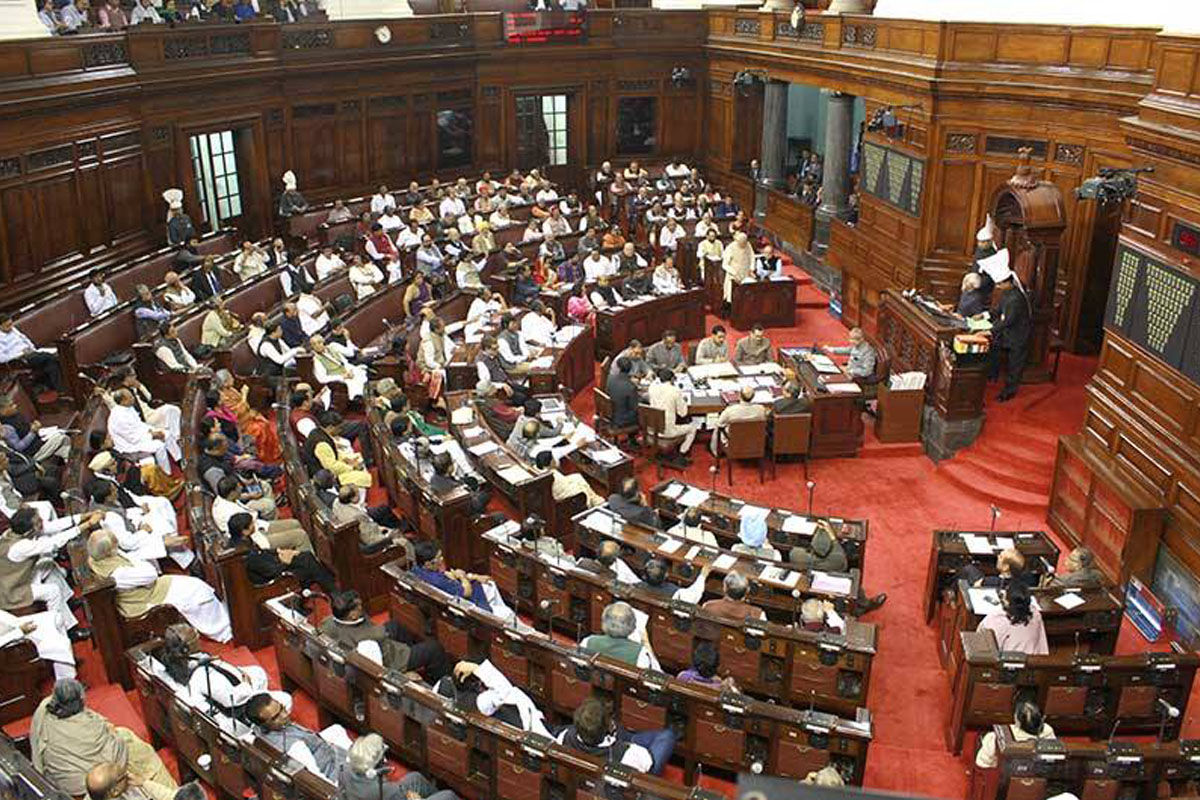Key amendments to the Mediation Bill, 2021—including the removal of a provision that made pre-litigation mediation mandatory before parties could file any suit or proceedings in court, regardless of the existence of a mediation agreement between them—were cleared by the Union Cabinet recently, according to people aware of the matter.
The Mediation Bill was first introduced in Rajya Sabha in December 2021. The Cabinet also cleared the Registration of Press and Periodicals Bill, and both pieces of litigation are likely to be tabled in the Monsoon session of Parliament, according to people aware of the matter.
The Registration of Press and Periodicals Bill was first drafted in 2019. It was listed during the Monsoon session last year as the Registration of Press and Periodicals Bill, 2022, but did not make it to the floor of the House. The new bill seeks to replace the Press and Registration of Books (PRB) Act, 1867.
The Mediation Bill, moved by the Union Ministry of Law and justice, seeks to institutionalise mediation for civil and commercial disputes and establish a Mediation Council of India (MCI). It was first introduced in the Rajya Sabha in December 2021, and was sent to a parliamentary standing committee, which submitted its report in July 2022.
The amended bill makes pre-litigation voluntary, leaving parties with the choice to participate in a pre-litigation mediation process instead of litigating, according to people aware of the matter.
The change is in line with the suggestions of the standing committee, which had said that mediation must remain voluntary, and that restraining parties from approaching courts or tribunals may amount to denial of access to justice.
Another important amendment in the 2021 bill includes reducing the time period of concluding the process, according to the people cited above. While the 2021 draft contemplated a period of 180 days with a further extension for an additional period of 180 days with the consent of parties, the amendment brings this down to 180 days in total.
The parliamentary panel had recommended reducing the time limit from180 days to 90 days, and further an extension period of 60 days.
The bill has been conceived as a help for unclogging courts reeling under massive pendency of cases by providing an institutional mechanism to promote mediation before a dispute is taken to the court. It will help in resolution of both civil and commercial cases.
“The mediation law upon coming into force, would bring in requisite legal intervention towards providing statutory recognition to mediation and enabling growth of a culture of amicable settlement of disputes, out of court. A settlement not only helps in preserving the relationship amongst the parties offering ease of business but also contributing in the growth of the economy,” the law ministry had said.
The proposed law, aiming at introducing the first standalone legislation for mediation in India, envisages setting up a Mediation Council of India, which will be tasked with registering mediators, and recognising mediation service providers and mediation institutes which train and certify mediators.
Dr Apoorva Dixit is Assistant Professor, Jagran Lakecity University, Bhopal.







